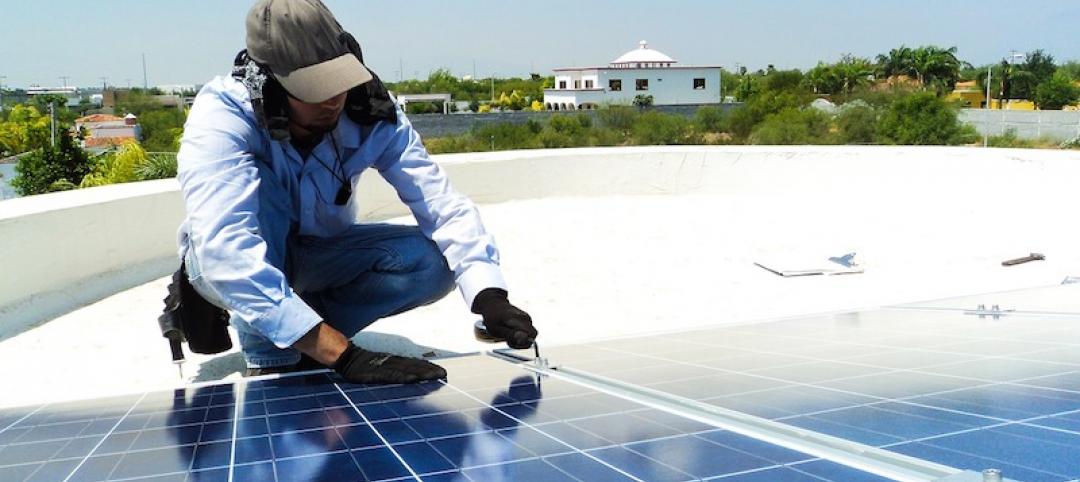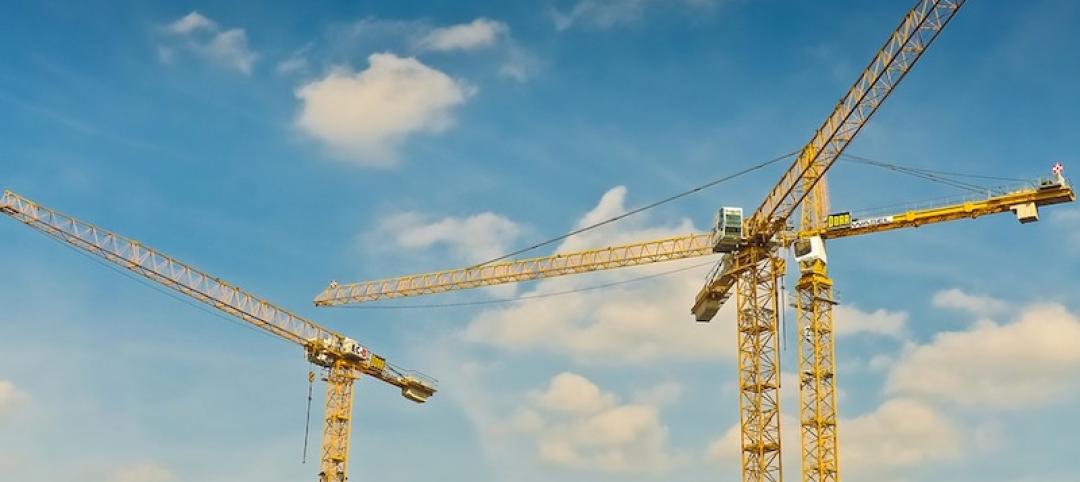The Sacramento Municipal Utility District (SMUD) recently adopted a climate emergency declaration.
The declaration includes a commitment to working toward an ambitious goal of delivering carbon-neutral electricity by 2030. “The declaration recognizes the immediate risks to our community and demands bold action to achieve results,” according to a SMUD news release.
“This resolution commits SMUD to finding reductions in the quickest way possible and investing in our most vulnerable communities,” said SMUD Board President Rob Kerth. In 2018, SMUD successfully reduced greenhouse gas emissions by 50% from 1990 levels, according to the release.
SMUD’s most recent Integrated Resources Plan focuses on local renewables and includes a $7 billion investment to achieve the following goals:
Nearly 2,900 megawatts (MW) of new carbon-free resources including:
· 670 MW of wind
· 1,500 MW of utility-scale solar, of which, nearly 300 MW will be built in the next three years
· 180 MW of geothermal
· 560 MW of utility-scale energy storage
An aggressive strategy to expand demand-side resources including:
· Nearly 600 MW of installed rooftop solar
· The equivalent of 900,000 local electric vehicles and 400,000 all-electric homes
· Nearly 200 MW of demand response programs
· Over 200 MW of customer-installed batteries
Related Stories
Codes and Standards | Feb 7, 2019
New North Carolina energy code has extensive lighting control requirements
Includes automatic shut offs for buildings of all sizes.
Codes and Standards | Feb 6, 2019
Solar carports can help with California’s Title 24 mandates
Can be combined with virtual net-metering software and tax-enabled financing.
Codes and Standards | Feb 5, 2019
Milwaukee board approves rezoning for Western Hemisphere’s tallest mass timber building
Mixed-use tower would rise 21 stories high.
Codes and Standards | Feb 1, 2019
Mass. governor proposes real estate transfer fee hike for climate resiliency projects
Opposed by real estate and trade groups, plan could generate $1 billion in next decade.
Codes and Standards | Jan 31, 2019
New York City will reform construction bid process
Streamlined process intended to improve efficiency, reduce hassle for bidders.
Codes and Standards | Jan 30, 2019
New AGC program aims to diversify construction workforce
More diversity needed to keep pace with demand for workers.
Codes and Standards | Jan 29, 2019
Registration now open for LEED v4.1 for New Construction and Interior Spaces
Emphasizes human health and integrative building design.
Codes and Standards | Jan 25, 2019
AEC professionals should push for net zero projects
Educate and lead clients to more sustainable choices, says LEED fellow.
Codes and Standards | Jan 24, 2019
OSHA unaffected by federal government shutdown
Agency fully funded for first nine months of 2019.
Codes and Standards | Jan 23, 2019
Hackers can easily take control of construction cranes
Potential for serious harm is real, say researchers.

















